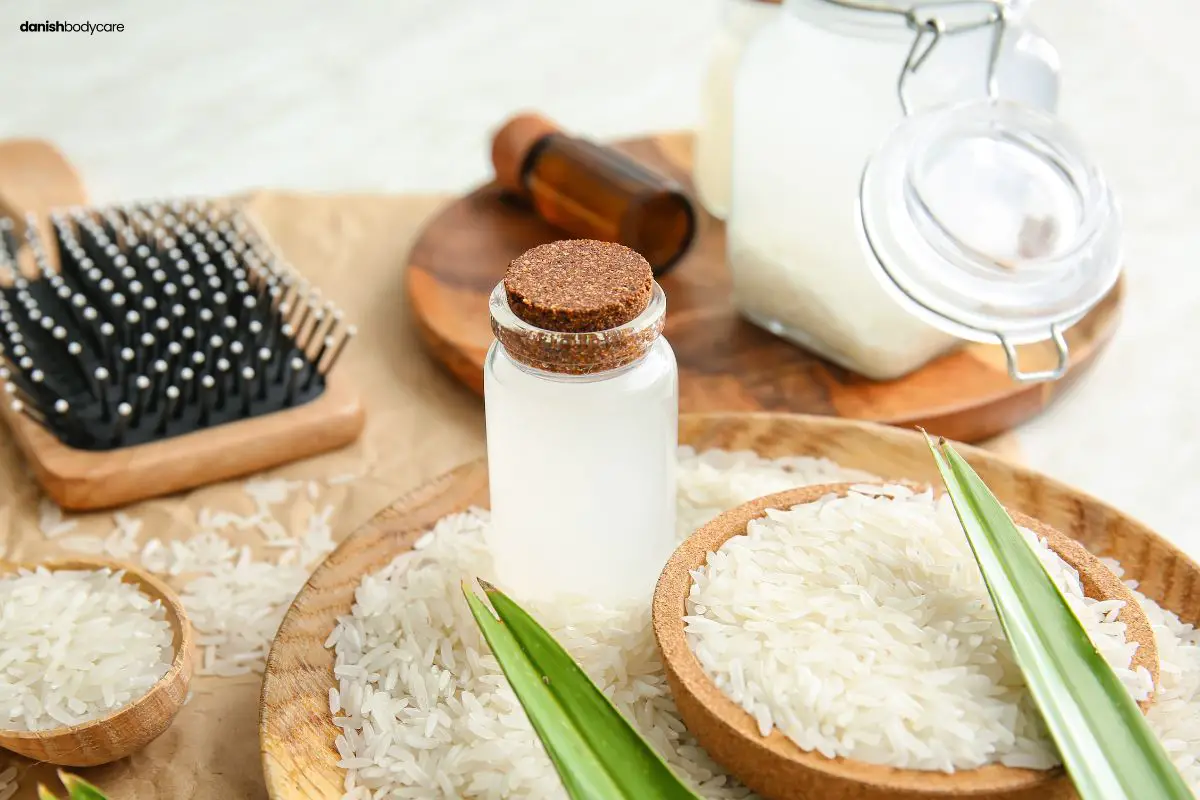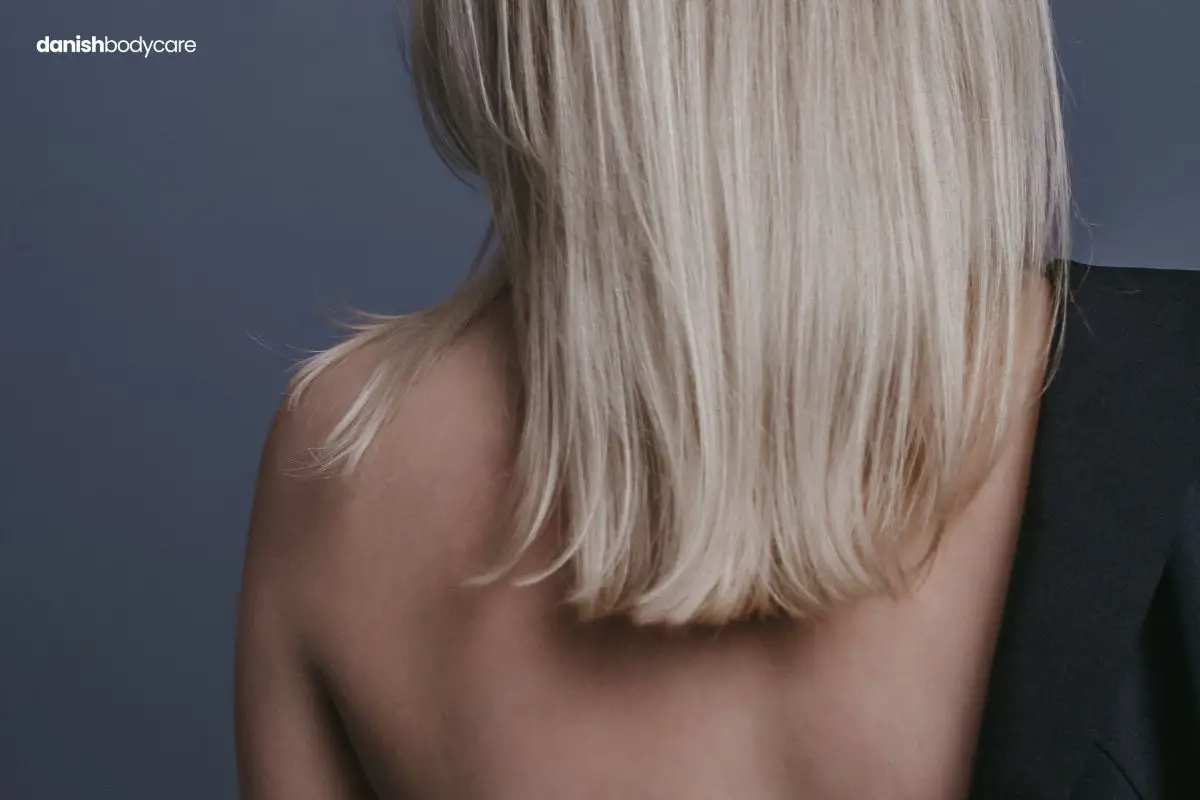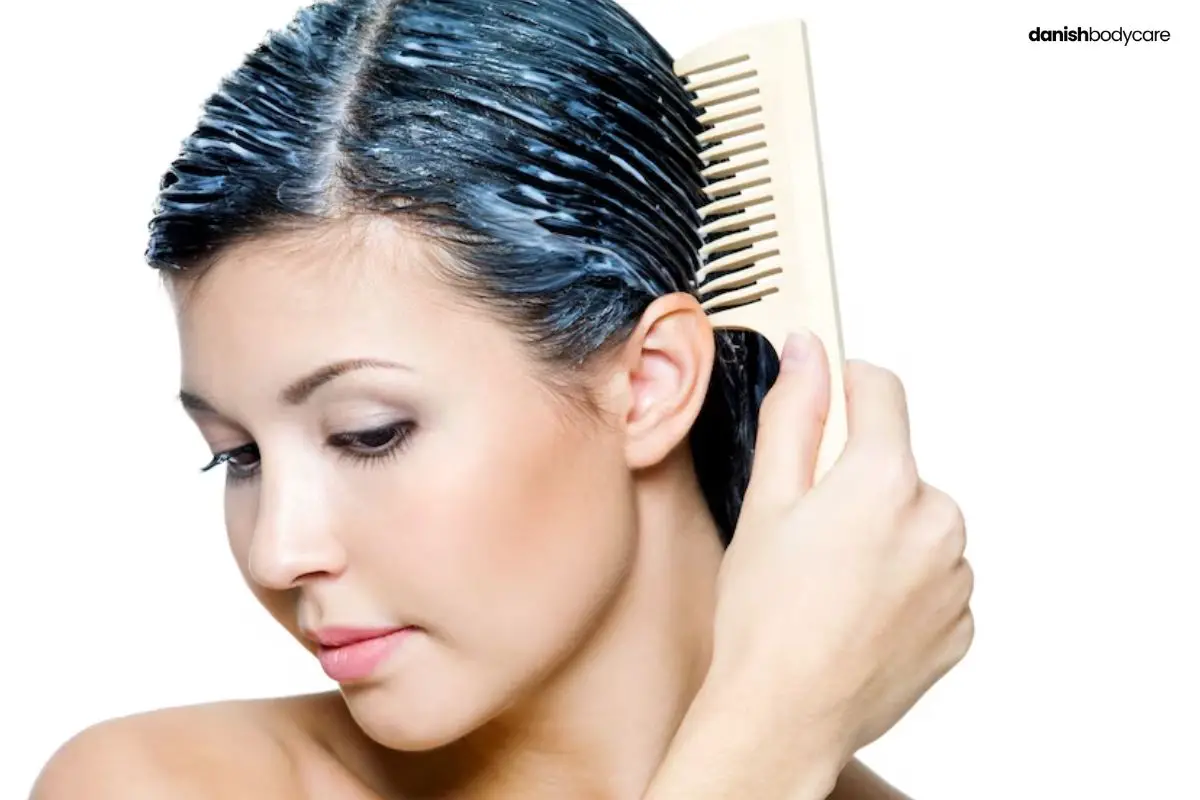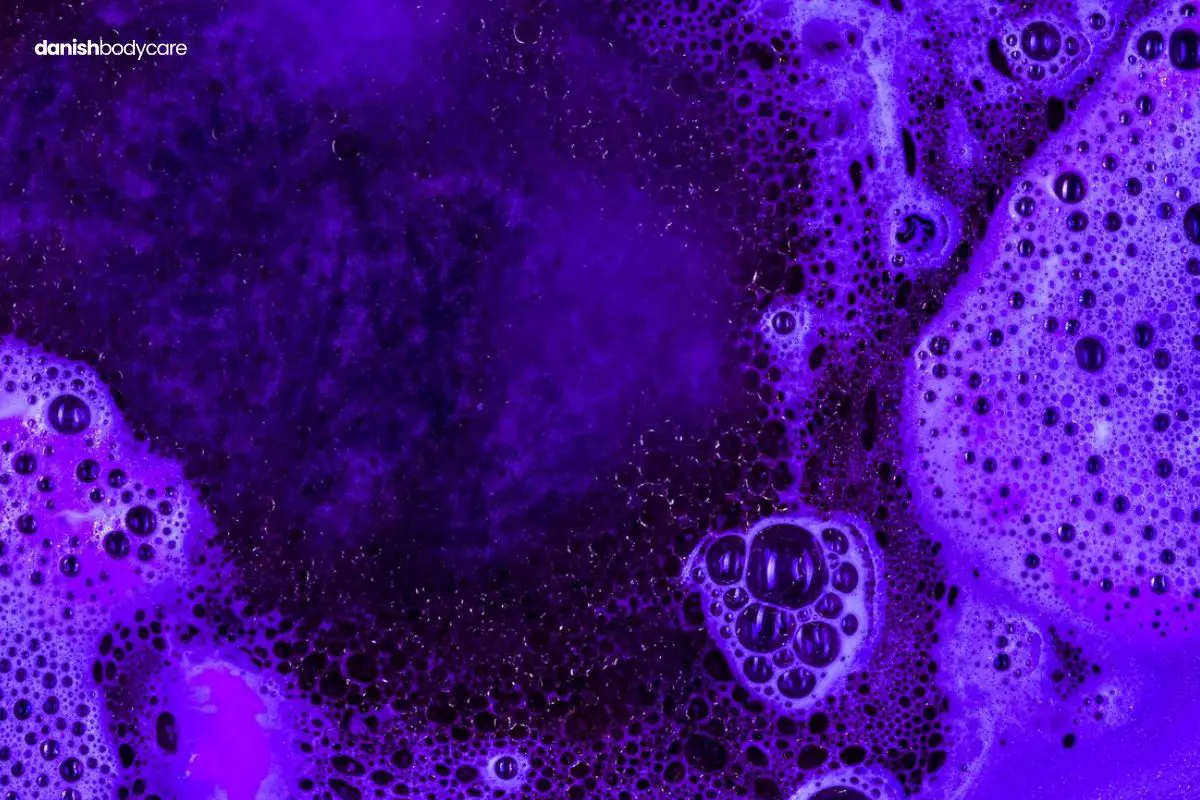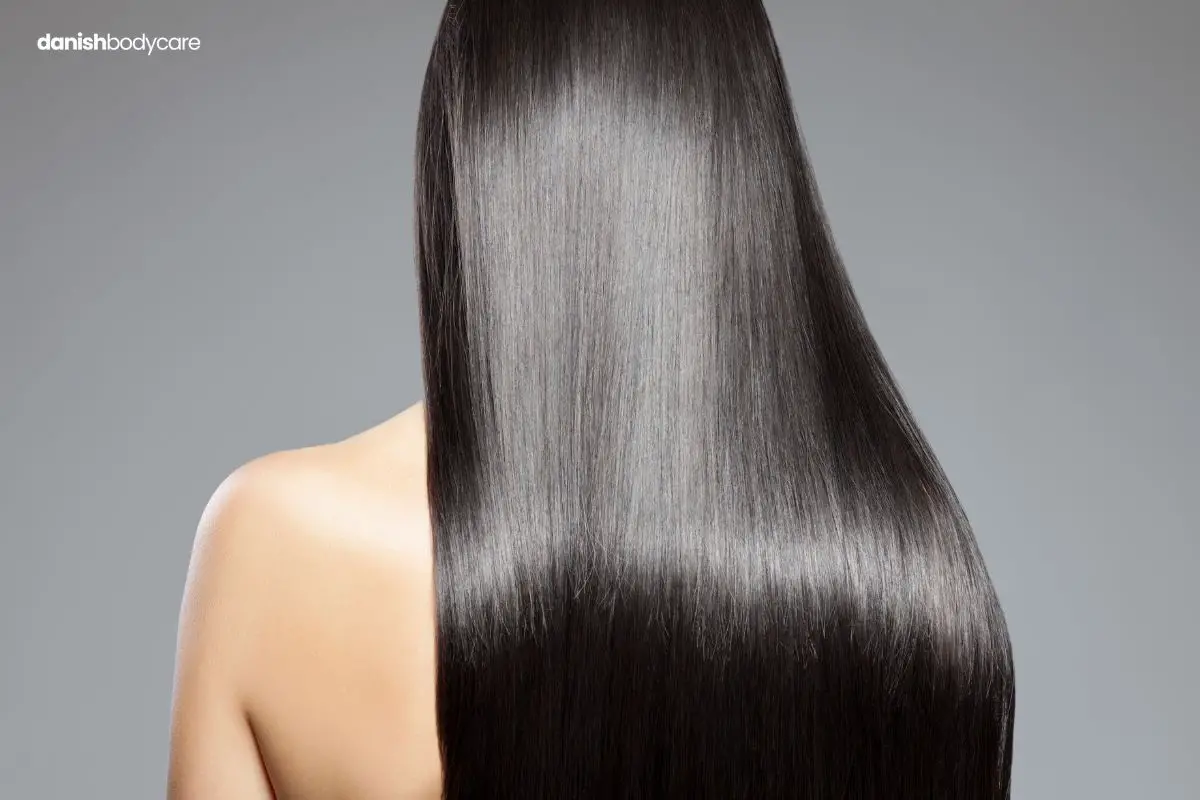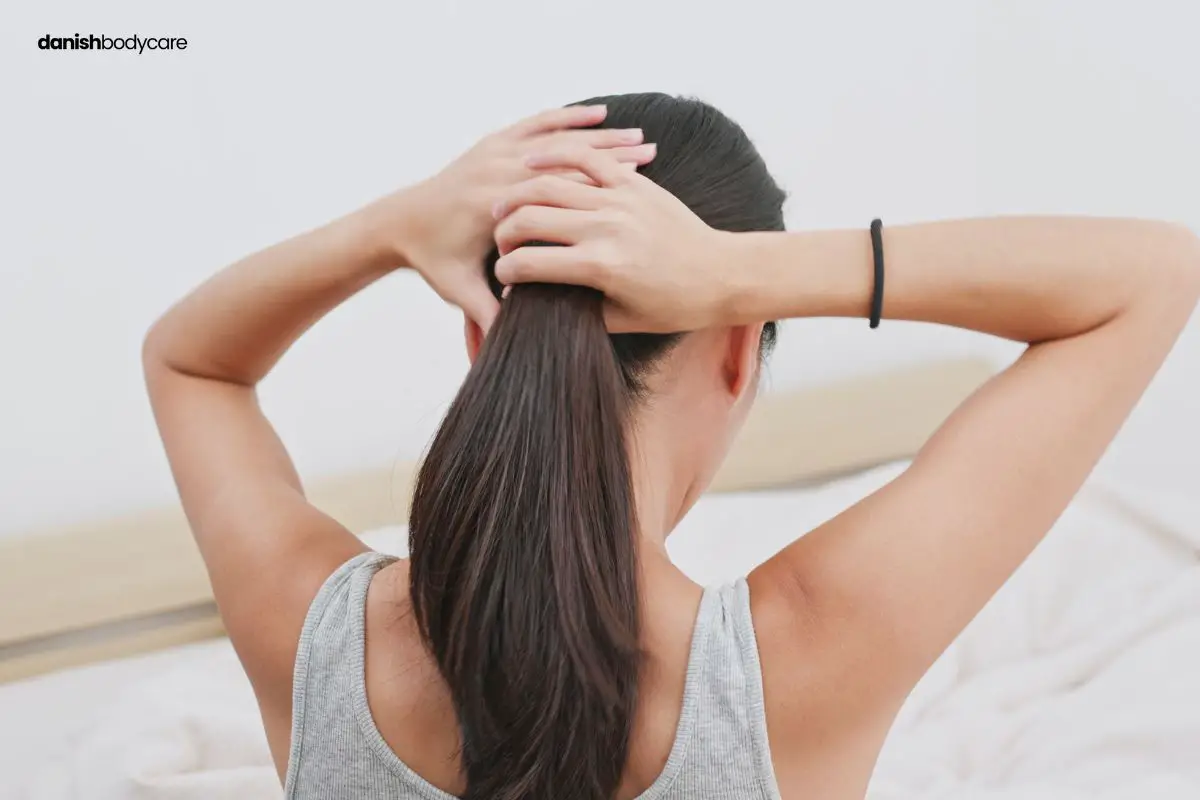Looking for a simple and natural way to care for your hair? Rice water might be the answer!
Whether you have low or high-porosity hair, this age-old beauty secret works wonders for your hair.
Packed with essential nutrients, rice water nourishes and strengthens hair follicles. It aids in moisturizing and improving the health of your hair.
Say goodbye to complicated hair care routines and hello to the magic of rice water!
What is Hair Porosity?
Hair porosity refers to your hair’s ability to absorb and keep moisture. You need to identify it to determine how well your hair can:
- Hold hydration
- Accept hair care products
- Maintain its health
There are three types of hair porosity: low, normal, and high.
| Porosity Type | Hair Cuticle Description | Moisture Characteristics |
|---|---|---|
| Low porosity hair | Tightly packed cuticles | Challenging for moisture to penetrate |
| Medium porosity hair | Slightly raised cuticles | Adequate moisture entry and retention |
| High porosity hair | Wide-open cuticles | Difficulty retaining moisture |
Understanding your hair’s porosity type is essential for achieving optimal hair health.
This helps you determine how to use rice water for hair care. For this, you need to know the characteristics of your hair type.
Characteristics of Low Porosity Hair
If you have low-porosity hair, you’ll notice that water droplets tend to sit on your hair surface. Your hair shaft doesn’t absorb it.
The main characteristics of low-porosity hair are:
- Takes longer to get saturated with water
- Takes longer to dry
- Becomes overwhelmed by heavy products
- Resists chemical treatments
Due to the tight cuticle structure, low-porosity hair often faces challenges in absorbing moisture. This makes it more prone to build-ups.
Low-porosity hair also has difficulty in processing coloring and chemical treatments.
To combat this, you must use lighter products and apply gentle heat to help open up the cuticles.
Characteristics of High Porosity Hair
High-porosity hair absorbs and loses moisture with ease. The hair struggles to maintain adequate hydration levels. The characteristics of high porosity hair are:
- Absorbs water with ease
- Dries fast
- Often appears dull or frizzy
- Can be brittle and more prone to breakage
Use protein treatments to strengthen the hair shaft and reduce porosity over time.
Is Rice Water Good for High or Low Porosity?
Rice water is beneficial for both high and low-porosity hair.
For high-porosity hair, rice water strengthens these strands and helps maintain hydration.
For your low-porosity hair, rice water takes a bit more time to work its magic.
The nutrients, amino acids, vitamins, and inositol still provide benefits. They help bolster hair’s structure and encourage growth.
The Science Behind Rice Water
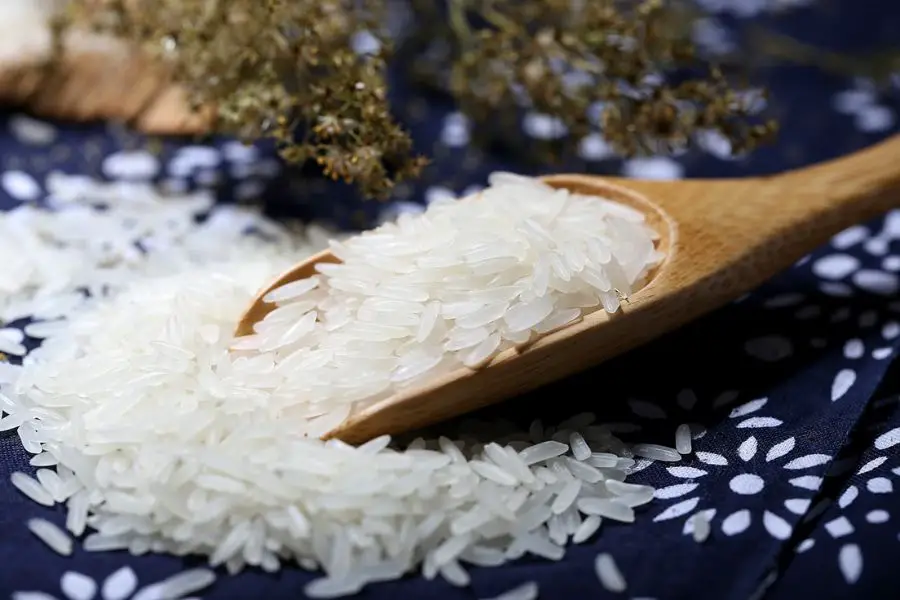
When you soak or strain rice in water, you create a liquid full of beneficial nutrients for hair.
Rice water contains:
- Amino acids
- Vitamins (e.g. vitamin E)
- Minerals
- Fiber (e.g. magnesium, manganese, zinc)
These nutrients play a significant role in promoting hair health and growth.
The Role of Amino Acids
High porosity hair has tiny gaps or openings in the hair shaft that make it more prone to damage and breakage. Amino acids in rice water are essential for filling these gaps.
Benefits of Rice Water for Hair
Before using rice water for low or high-porosity hair, you should know its benefits:
- Strengthens hair follicles and promotes hair growth
- Enhances hair elasticity and reduces breakage
- Nourishes the scalp and reduces dandruff
- Improves hair texture and shine
Strengthens Hair Follicles and Promotes Hair Growth
When you use rice water on your hair, it helps strengthen your hair follicles. this makes your hair grow longer and healthier.
The inositol in rice water also aids in repairing damaged hair. It also protects it from further breakage.
Enhances Hair Elasticity and Reduces Breakage
If you use rice water for hair care on a regular basis, your hair becomes:
- More flexible
- Less prone to breakage
- Easier to manage.
With improved elasticity, you’ll notice reduced hair breakage and easier detangling.
Nourishes the Scalp and Reduces Dandruff
Rice water has vitamins and antioxidants, which nourish and soothe your scalp. This can help reduce dandruff and itchiness and prom scalp health.
A healthy scalp means healthy hair growth and less hair fall.
Improves Hair Texture and Shine
When you use rice water for hair care, you’ll notice that your hair becomes shinier and smoother.
The nutrients and minerals in rice water work together to improve your hair’s texture and appearance. The result is vibrant, silky, and easy-to-manage hair.
How To Prepare Rice Water for Hair Care
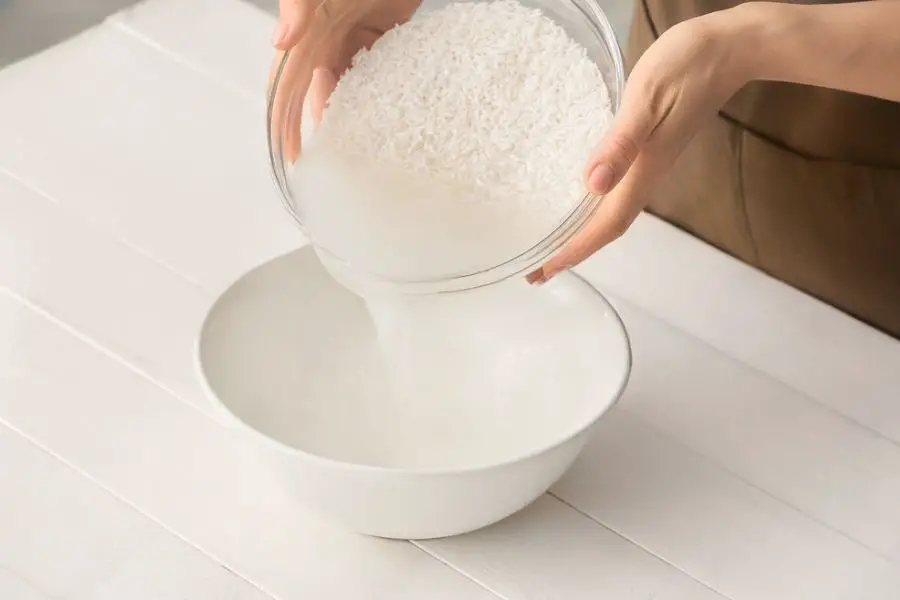
There are two types of rice water for hair care:
- Fermented
- Non-fermented
Both fermented and non-fermented rice water provide benefits to your hair. Still, fermented rice water is superior due to its higher nutrient content.
Fermenting rice water increases the levels of vitamins, minerals, and antioxidants. These nutrients help nourish and strengthen your hair.
Non-fermented rice water is ready fast by soaking or boiling the rice. Fermented rice water involves soaking the rice and allowing it to ferment for a period of time.
Fermenting Rice Water for Maximum Benefits
Here are the steps to ferment rice water:
- Rinse
- Soak
- Strain
- Ferment
- Refrigirate
Step 1: Rinse
Rinse 1 cup of uncooked rice to remove dirt and impurities.
Step 2: Soak
Place the rice in a bowl and add 2-3 cups of water. Cover the bowl and let it sit for 30 minutes.
Step 3: Strain
After 30 minutes, strain the rice water into a clean glass jar.
Step 4: Ferment
Place a lid on the jar and let the rice water ferment at room temperature for 12-24 hours.
Fermentation allows beneficial microbes to develop, increasing the nutrient content.
Step 5: Refrigerate
Once fermented, store the rice water in the refrigerator to stop the fermentation process.
Dilution Ratio for Hair Porosity Level
You need to adjust the dilution ratio according to your hair’s porosity level. Here is how to do it:
Low Porosity Hair
Dilute the rice water with more water for a lighter solution. This prevents protein build-up that can make your hair brittle.
High Porosity Hair
Use a more concentrated rice water solution. The higher concentration of nutrients will provide extra nourishment for your hair.
Low Porosity Hair and Rice Water
If you have low-porosity hair, it can be difficult for moisture to penetrate the cuticle. To improve absorption, try to apply rice water to your hair using these simple steps:
- Prepare rice water using warm or cool water.
- Soak 1/2 cup of rice in 2 cups of water for 30 minutes, then strain the rice and save the water.
- Ensure your hair is clean and damp before applying the rice water.
- Divide your hair into sections.
- Spray or pour the rice water onto each section, ensuring even distribution.
- Massage the rice water into your hair to help the protein penetrate the cuticle.
Massage Techniques to Open Cuticles
Opening the cuticle allows the rice water to penetrate deeper into your hair strands. Here are some massage techniques:
- Pre-poo your hair with a warm oil treatment.
- Use your fingertips to massage the oil or rice water into your scalp and hair in circular motions.
- Finger detangle your hair to remove any knots.
Recommended Use Frequency
For low-porosity hair, consider using rice water treatment once every 2-4 weeks.
Adjust the frequency based on your hair’s needs and condition.
Check your hair for changes in texture and elasticity to determine the best frequency for your hair.
High Porosity Hair and Rice Water
Rice water, rich in nutrients like amino acids, vitamin B, and inositol, helps to fill the gaps between the cuticles.
Inositol, in particular, strengthens hair by promoting elasticity and reducing breakage.
With rice water, your hair becomes more resilient. It retains moisture better, giving it a healthier appearance and texture.
To effectively use rice water for high-porosity hair, follow these steps:
- Soak uncooked rice in water for 30 minutes.
- Strain the liquid, and now you have your homemade rice water.
- Cleanse your hair with a gentle shampoo to remove any buildup.
- Pour the rice water over your hair, ensuring it covers all your strands.
- Massage it into your scalp and hair for a few minutes.
- Combine the rice water with a protein-rich hair mask for better results.
- Rinse your hair thoroughly with fresh water.
- Follow your regular conditioning routine.
Optimal Use Frequency
Start by using rice water on your high-porosity hair once a week. Adjust the frequency based on your hair’s reaction.
Notice any improvements in your hair’s moisture retention, elasticity, and texture. The nutrients in rice water can foster hair growth and enhance the condition of your hair.
Tips and Precautions
Here are some tips and precautions for using rice water for low and high-porosity hair:
- Test your hair porosity before you use rice water.
- Use it with caution if you have a sensitive scalp or allergies.
- Combine with other hair care practices.
Identify Your Hair Porosity Level First
Here is how to test your hair porosity:
- Start by taking a strand of clean, dry hair.
- Place it in a glass of water.
- If your hair sinks fast, you have high porosity hair.
- If it floats or takes a long time to sink, you have low porosity hair.
Check out our hair porosity quiz!
Precautions for Sensitive Scalp or Allergies
Using rice water can sometimes cause irritation, especially if you have a sensitive scalp or allergies.
Before applying rice water to your hair and scalp, conduct a patch test. Apply a small amount to the back of your ear or the inside of your elbow.
If you notice irritation or discomfort, avoid using rice water on your hair.
Consult a dermatologist if you have concerns or questions about your sensitivity.
Complementary Hair Care Practices
To make the most of rice water’s potential benefits, incorporate other good hair care habits into your routine:
- Apply B vitamins to strengthen and nourish your hair.
- Reduce the use of heat styling tools to prevent hair damage.
- Maintain a healthy diet rich in the essential nutrients for healthy hair.
- Avoid roughly towel-drying your hair.
- Keep up with regular hair trims to reduce split ends and breakage.
Frequently Asked Questions
Can I combine rice water with other natural hair treatments or oils?
Yes, you can combine rice water with other natural hair treatments or oils. Mixing rice water with ingredients such as essential oils, honey, or aloe vera can enhance its benefits. You can choose the ingredients based on your hair type and specific needs.
Is there a particular type of rice that is best for making rice water?
There isn’t a specific type of rice that is best for making rice water. You can use both white and brown rice to make rice water. Some people prefer to use organic rice to avoid potential exposure to pesticides or chemicals.
How long can I store rice water, and what is the best way to preserve it?
You can store rice water in the refrigerator for up to a week. To preserve it, place the rice water in a clean, airtight container, and store it in the fridge. It’s important to discard any rice water that develops an unpleasant odor or appears moldy.
Will rice water make my hair smell like rice or have any odor?
Rice water may have a mild smell, but it generally does not leave a strong rice odor in your hair. If you’re concerned about the scent, you can add a few drops of your favorite essential oil to the rice water. This can help mask the smell and provide benefits for your hair.
Can I use rice water if I have chemically treated or colored hair?
Yes, you can use rice water on chemically treated or colored hair. Rice water is a gentle and natural treatment. It can help strengthen and nourish your hair, regardless of any chemical processes. Always perform a patch test or consult a professional hairstylist if you have concerns about how rice water may affect your hair.

